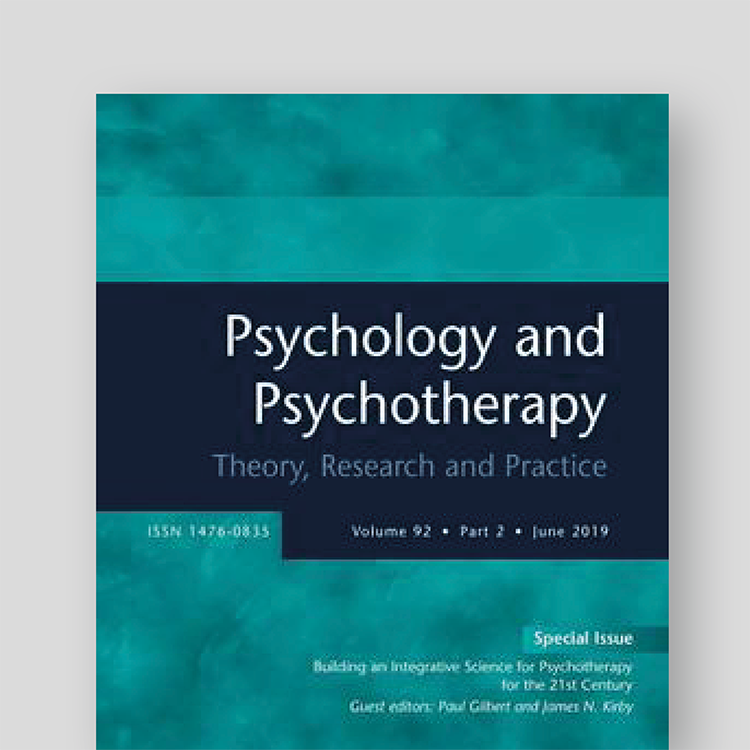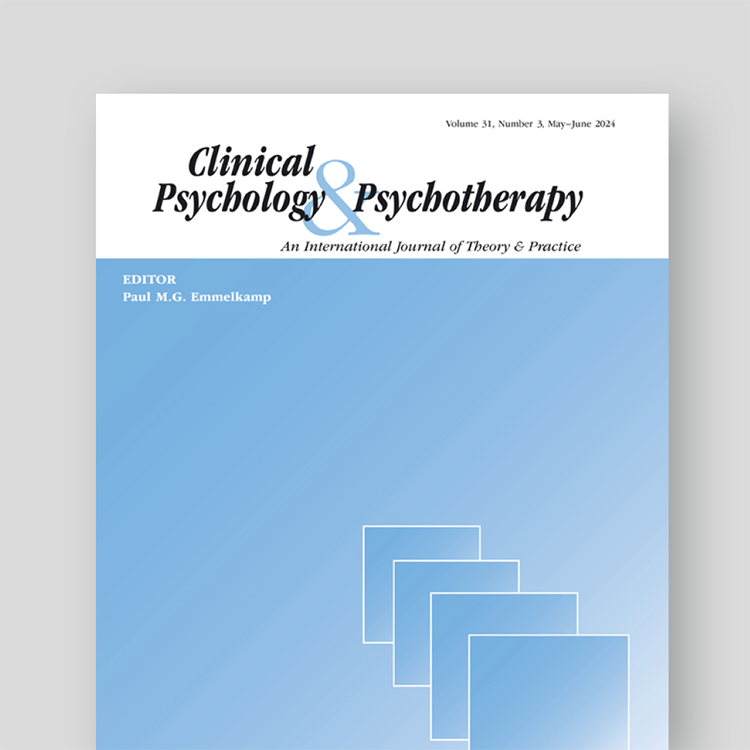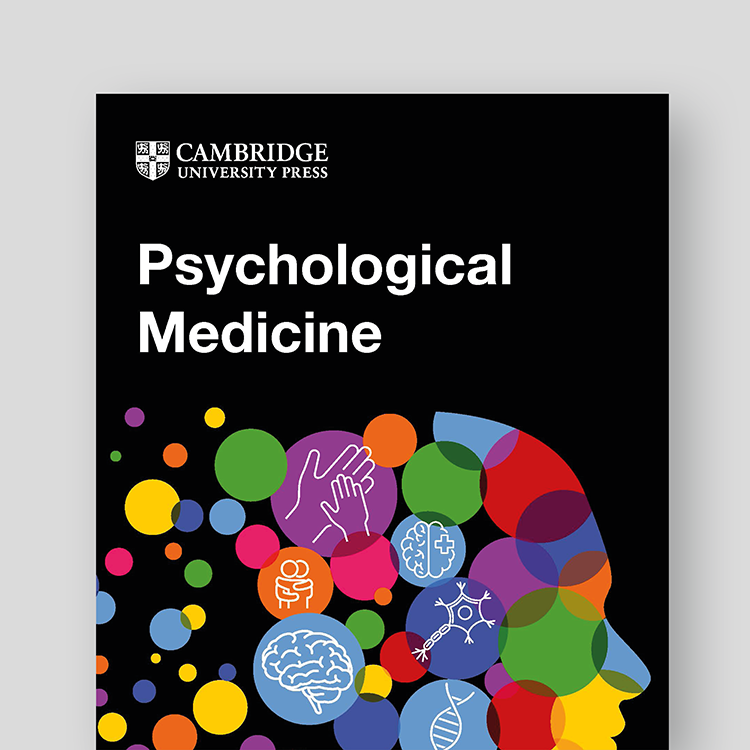Research Spotlight: Psychosis


Psychology Tools
Published
Staying current with psychological research and best practice is essential for delivering effective care. Our ‘Research Spotlight’ articles offer clear summaries of recent studies, helping you stay informed. This research spotlight investigates the effectiveness of various treatments for psychosis.

What helps or hinders engagement in therapy for first-episode psychosis?
This meta-ethnography found that emotional distress alone can prevent engagement, while a therapist’s interpersonal skills, such as empathy, warmth, and collaboration, are crucial facilitators. Other key facilitators include meeting therapy expectations, respecting individual preferences, and reducing stigma. Engagement is dynamic and shaped by emotional, cultural, and service-level factors, such as digital access or staff continuity. Many barriers are modifiable, underscoring the importance of building flexible, culturally sensitive, and person-centered therapeutic relationships. For therapists, these findings highlight the significant impact of how therapy is offered, not just what is offered.
Fahy, L., Lee, L., Newlove, L., Wood, L., & O’Driscoll, C. (2025). Barriers and facilitators to engagement in psychological therapy in first episode psychosis: A meta-ethnography and qualitative comparative analysis. Psychology and Psychotherapy: Theory, Research and Practice, 00, 1–24. https://doi.org/10.1111/papt.12576

Imagery-Focused Therapy for Visual Hallucinations
Visual hallucinations are common in psychosis and difficult to treat. This study describes an innovative 10-session imagery-focused therapy (IFT-VH), which is designed to target visual hallucinations (VHs) through visual mental imagery techniques. The transdiagnostic case series reports promising results, including reduced VH severity and distress for many participants, improved secondary measures such as PTSD symptoms, and positive feedback regarding. The study highlights the potential of IFT-VH, as well as the need for longer interventions to address underlying traumas fully. These encouraging outcomes call for larger trials to validate the approach.
Paulik, G., & Taylor, C. D. (2024). Imagery‐Focused Therapy for Visual Hallucinations: A Case Series. Clinical Psychology & Psychotherapy, 31(3), e2993.

Cognitive behavioral self-help interventions for individuals experiencing psychosis
This review explored the effectiveness of CBT-based self-help interventions for individuals with psychosis. It found that seven out of ten studies showed a reduction in psychotic symptoms following self-help interventions. Secondary outcomes, such as depression, daily living skills, general well-being, and anxiety symptoms, also improved in many studies. Despite promising short-term outcomes, the long-term effectiveness of these interventions remains unclear. The review highlights the need for more high-quality, randomized controlled trials with longer follow-up periods to confirm these findings.
“After weighing up the findings, this review provides credible evidence for the short-term effectiveness of CBT-based self-help for reducing symptoms of psychosis… However, the longevity of effectiveness remains unclear.”
Kruger, E., Hall, L., Martinez, A. P., & Bentall, R. P. (2024). Cognitive behavioral self-help interventions for individuals experiencing psychosis: a systematic review. Psychological Medicine, 54(12), 3222–3232. doi:10.1017/S0033291724001545
Get sent more useful pieces like this!
Sign up to our monthly newsletter full of helpful ideas, tools, and tips for mental health professionals like you. You'll find out about our latest resources, and you can also read our reviews of the latest research.
It's completely free and you can unsubscribe at any time.
